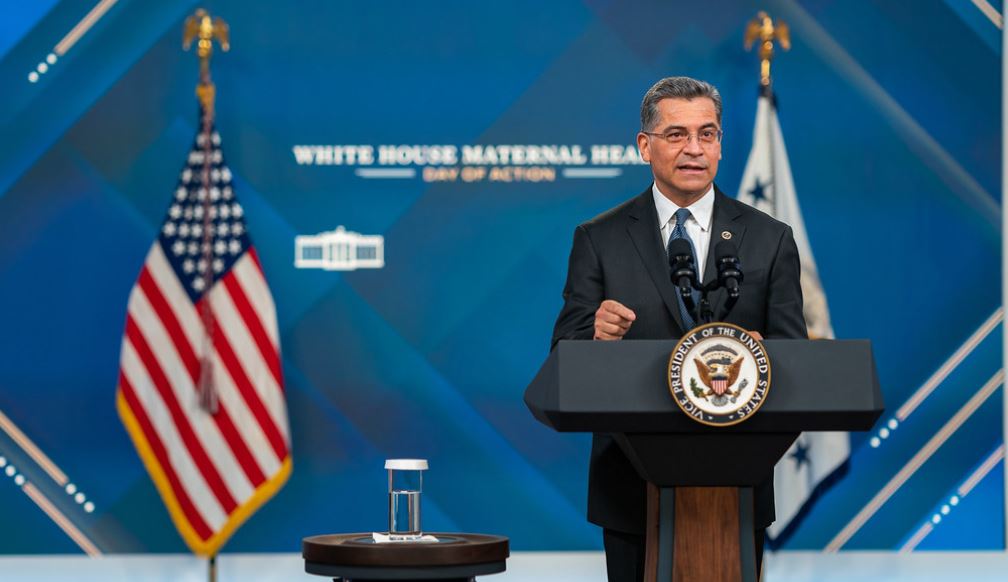Biden Administration Updates Trump-Era Health Rule : Balancing LGBTQ Rights and Religious Freedom
Biden Administration Revises Trump-Era Health Care Rule
In a significant policy update, the Biden administration has revised a contentious Trump-era health care regulation. This revision has garnered accolades from LGBTQ legal organizations. HHS Secretary Xavier Becerra explained that the new rule adeptly balances respect for religious or moral objections with the legal mandate to provide universal health care access.
Background of the Trump Administration’s Health Care Rule
Originally, the Trump administration’s rule was expansive enough to permit a wide range of healthcare workers, from physicians to janitors, to decline services, even in critical situations. This policy faced legal challenges and was halted by several U.S. District Courts. It sparked fears among health care providers about potential loss of federal funding and concerns about restricted access to essential health services like reproductive and gender-affirming care.
Details of the Revised Health Care Policy
The updated policy by the Biden administration retains certain aspects of the previous rule while discarding parts deemed redundant, unclear, or legally questionable. Notably, it removes broad definitions that were contested by federal courts. HHS emphasizes that the revised rule strengthens conscience protections while ensuring non-discriminatory health care delivery.
Secretary Becerra’s Statement on the Final Rule
HHS Secretary Xavier Becerra stated, “The Final Rule clarifies protections for those with religious or moral objections while also ensuring access to care for all in compliance with the law.” The rule acknowledges the ethical objections some health care professionals may have to procedures like abortions or assisted suicide. It stresses the importance of balancing these objections with patients’ rights, autonomy, and urgent health needs. The department believes the final rule adequately addresses concerns raised by commenters and courts about the 2019 Rule’s definitions and facilitates the appropriate application of each statute.
Positive Responses from Legal Groups
Lambda Legal’s Jennifer C. Pizer praised the revision for eliminating the previous rule’s implicit sanction of discrimination against pregnant individuals, those requiring gender-affirming medical care, and LGBTQ+ patients in general. She emphasized that no patient should be denied necessary medical care due to others’ religious beliefs. Julianna Gonen of the National Center for Lesbian Rights (NCLR) also lauded the new rule, highlighting its recognition of the need to balance
respect for individual conscience with ensuring access to health care, particularly for the LGBTQ community.
Criticism from Conservative Groups
Conversely, Alliance Defending Freedom (ADF), a conservative litigation group known for its opposition to LGBTQ rights, expressed disapproval of the new rule. ADF senior counsel Matt Bowman argued that it undermines the freedom of medical practitioners to act in line with their faith and oath to ‘do no harm.’ He highlighted concerns that the rule could negatively impact the careers of doctors who assert their conscience and religious rights.














+ There are no comments
Add yours